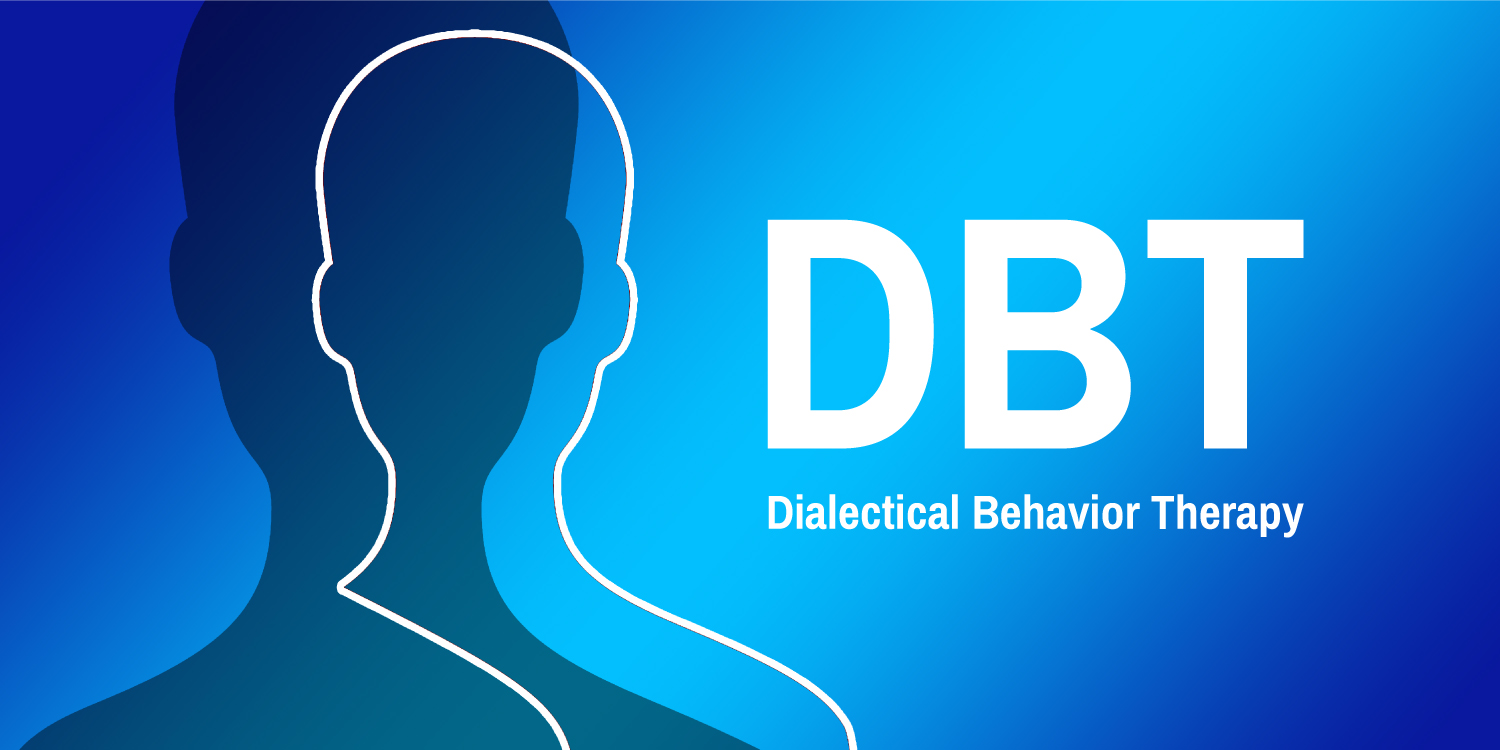Dialectical Behaviour Therapy, or DBT, is an extremely useful and effective form of therapy that can help you reduce your levels of depression and anxiety and improve the quality of your life. It was first developed in the 1980s by Drs. Marsha Linehan, Arnold A. Lazarus, and John R.
A Brief History
It was developed as a treatment for chronically suicidal individuals with borderline personality disorder. The goal of DBT was to help patients learn how to better regulate their emotions and impulses by learning skills such as mindfulness, distress tolerance, emotion regulation, interpersonal effectiveness and distress tolerance. Dialectical Behaviour Therapy is now being used in various settings including schools, hospitals and other mental health facilities.
Three Steps of Dialectical Behaviour Therapy
Dialectical Behaviour Therapy, or DBT, is a treatment plan that helps people regulate their emotions.
The three steps are mindfulness skills, emotion regulation skills, and distress tolerance skills.
How Can This Help Me with My Emotions, Relationships and Behaviours?
Dialectical Behaviour Therapy (DBT) trains individuals in four skills areas. These skills are intended to help reduce self-destructive behaviour and increase healthy coping mechanisms. These skills include mindfulness, distress tolerance, emotional regulation, and interpersonal effectiveness. DBT involves weekly sessions with a therapist who will teach the individual these skill sets in the context of their life experiences. The goal of DBT is to give everyone the tools they need to build a life worth living.
How Do I Learn More About Dialectical Behaviour Therapy?
Dialectical behaviour therapy (DBT) is a type of psychotherapy treatment that focuses on the balance between acceptance, change, and connection. DBT was originally designed to treat individuals with borderline personality disorder but has since been found to be effective for treating several mental health disorders including depression. The treatment emphasizes balancing opposites in order to help clients learn how to effectively regulate their emotions as well as build relationships with others. There are a range of training resources available for you to grasp a great understanding of DBT.
How long are training courses?
Dialectical Behaviour Therapy (DBT) training courses are typically 10 weeks long. The course is based on a cognitive behavioural model that teaches skills and strategies to tolerate intense emotions, manage interpersonal problems, regulate distressing thoughts, and improve the quality of life. These skills are taught in four modules, each with a different emphasis. The first area focuses on learning how to monitor and track one’s own thoughts, feelings, and behaviours. The second area focuses on mindfulness meditation practice. The third area focuses on emotion regulation strategies. Finally, the fourth area teaches how to take care of oneself physically when experiencing distress (such as self-soothing activities).
Benefits of taking part in a workshop
The goal is to help a person who has been diagnosed with borderline personality disorder, or any other mental health condition, to be able to manage their emotions and live in the world without being overwhelmed by negative thoughts.
The workshops are led by trained therapists and focus on skills like self-acceptance, mindfulness, distress tolerance, emotion regulation and interpersonal effectiveness.

